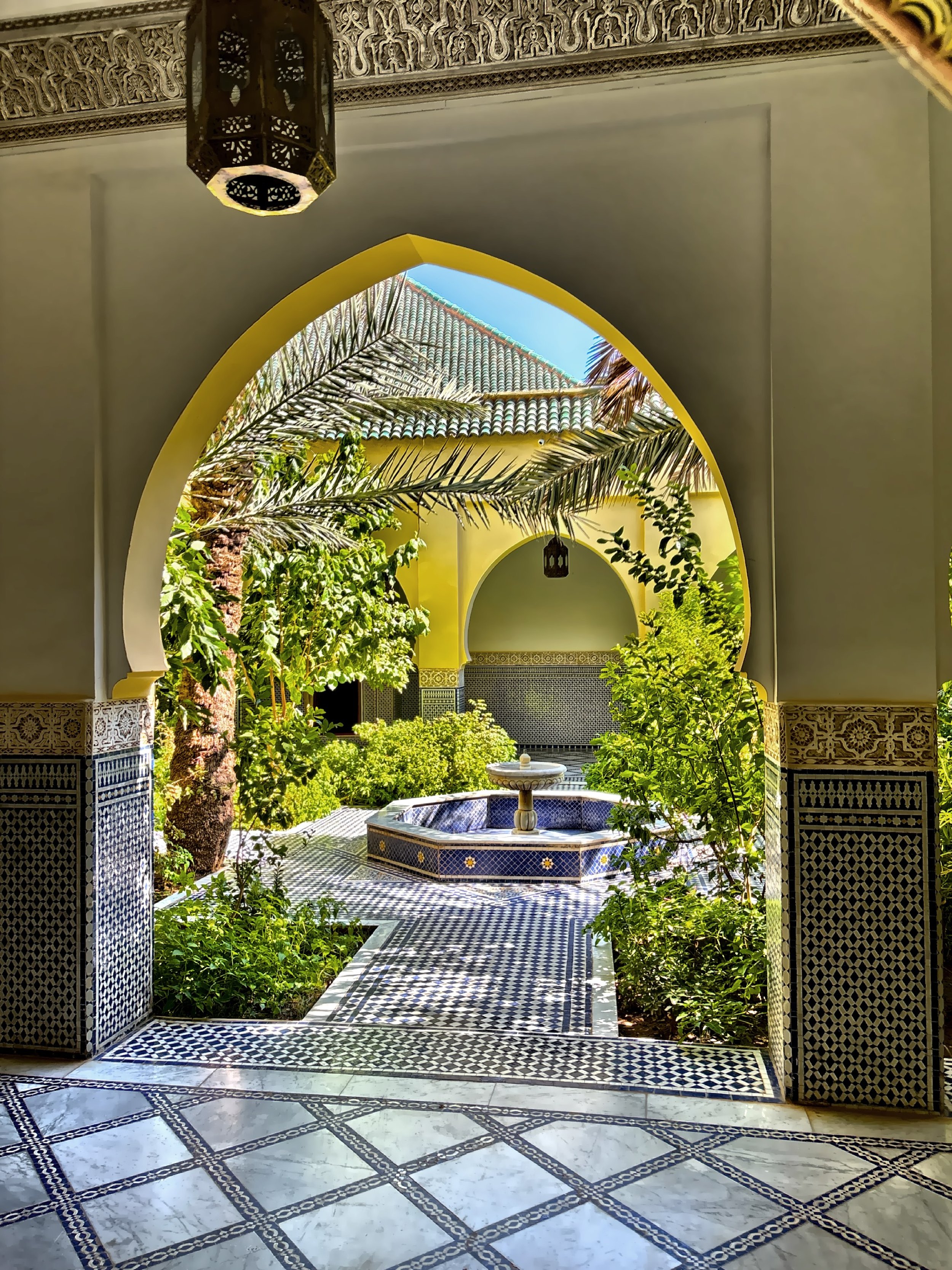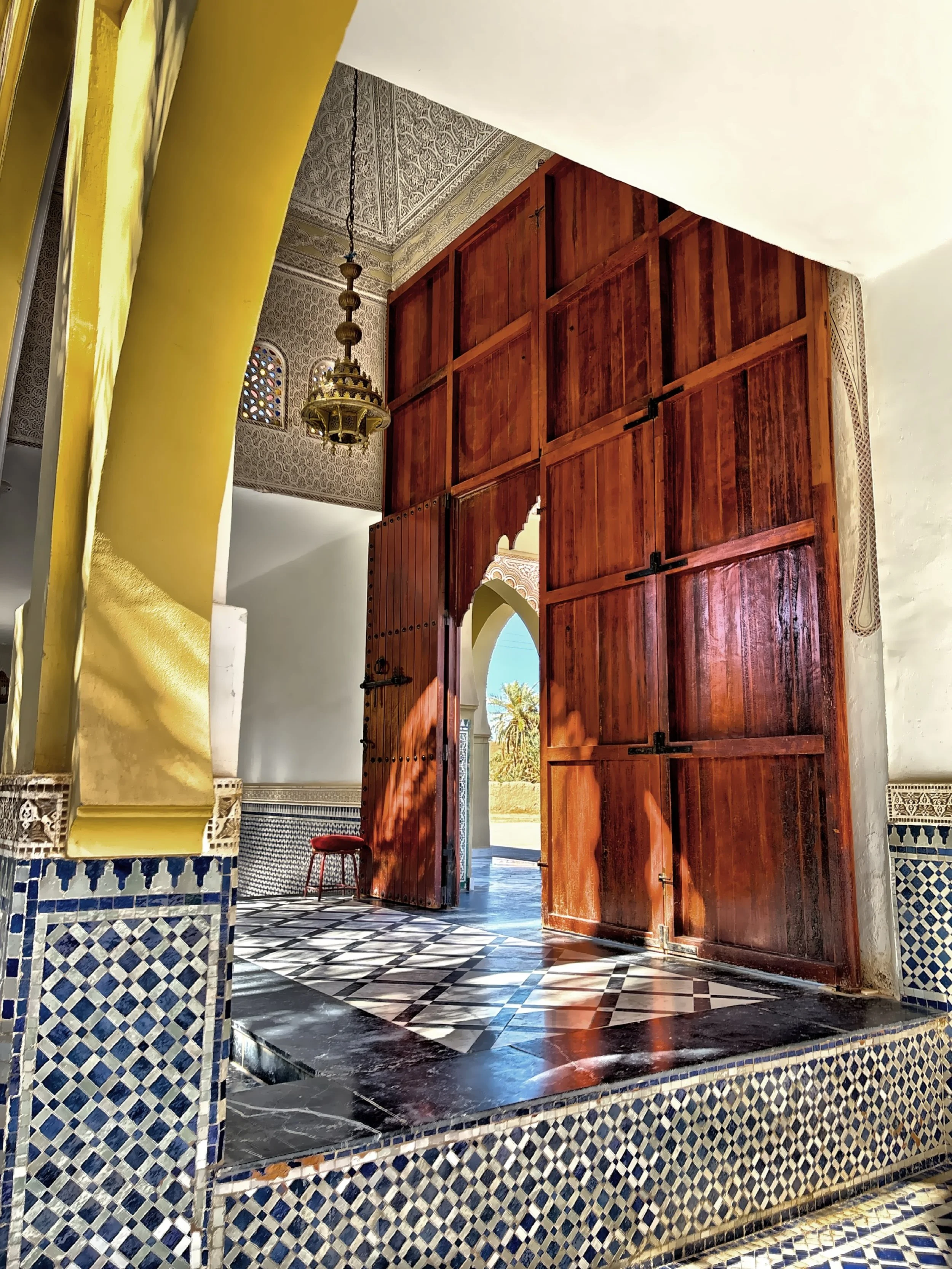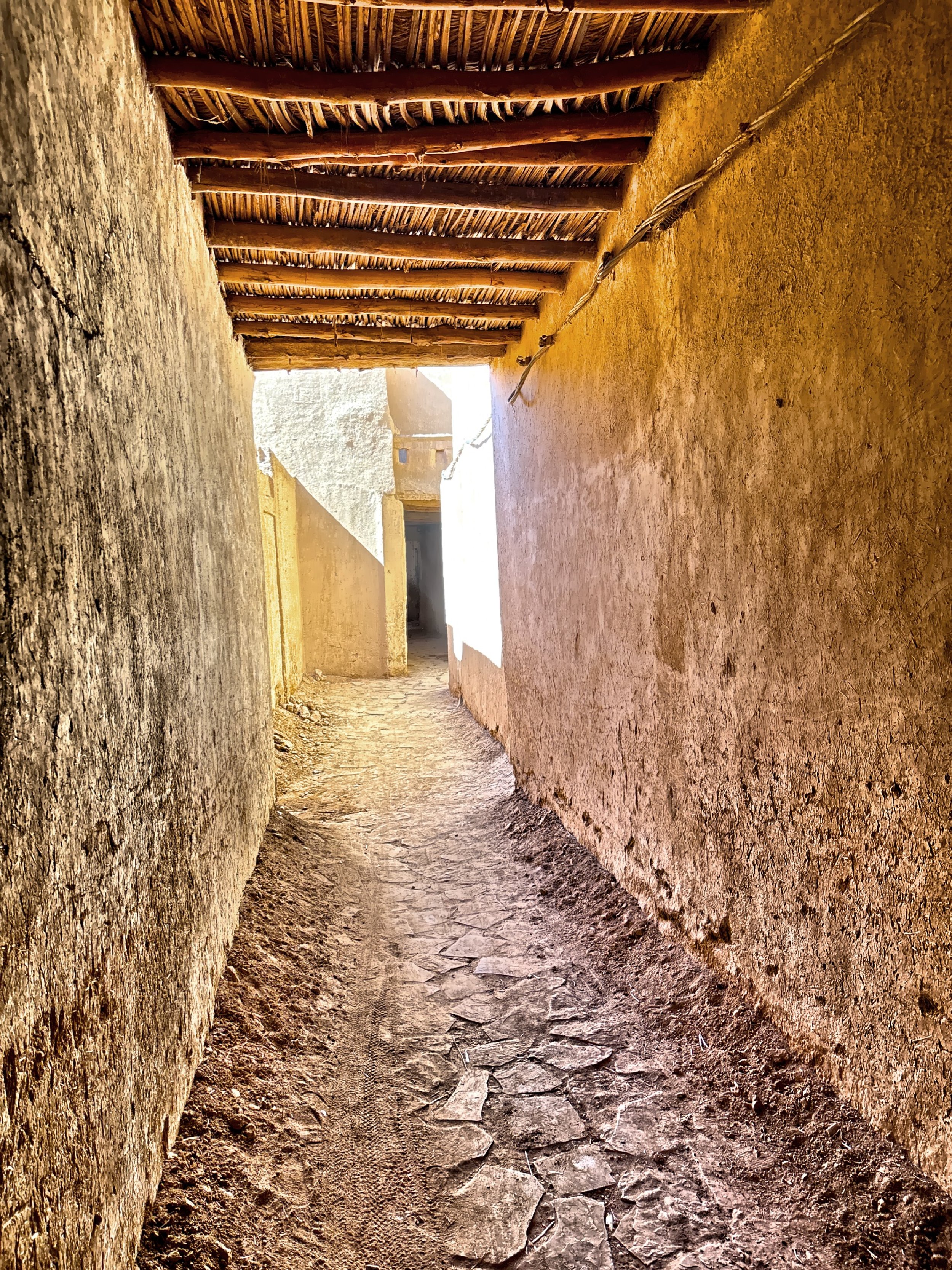A Former Major Caravan Center Of Trans-Sahara Trade - Rissani, Morocco
Rissani, Morocco, was once a vital stop on the trade route connecting sub-Saharan Africa to Northern Africa and served as a gateway to the vast desert dunes. Today, this small town, nestled near the edge of the Sahara Desert, is filled with culture, history, and traditions of the region.
Rissani’s market is one of the most authentic in Morocco, where locals trade spices, dates, jewelry, and textiles. If you visit on what they call market days—Tuesdays, Thursdays, or Sundays—you will witness a fascinating cultural experience as farmers trade livestock such as goats, sheep, and donkeys.
Rissani is the cradle of the renowned Alawite dynasty, built on the site of the famous city of Sijilmassa. It is also home to the grave of Moulay Ali Cherif, the father of this great dynasty. This beautiful sanctuary was built in his honor, commemorating one of Morocco's most significant historical figures.
This is what caught my eye; I hope you enjoy!
Do you like the images posted?
Click here to explore the shop.
What you should know:
Morocco currency is the Moroccan Dirham.
Tipping is not generally expected, but feel free to leave extra when you receive exceptional service.
You will need a valid passport and a travel power adapter if you are from the United States.
The official languages of Morocco are Arabic and Berber, but some people speak partial English.
There are hiking and nature trails nearby.
There is a Moroccan tradition of drinking mint tea, often served in pretty glasses.
There are a few restaurant or food stand options.
Restrooms are available in some shops and restaurants.
Morocco is a budget-friendly destination.
Many public bathrooms in Morocco will ask for a few dirhams to use it.
You could spend anywhere from a couple of hours to a couple days exploring here.
Throughout Morocco, bargaining is a common practice. Always bargain for the best price.
Alcohol is not served in all restaurants or hotels.
The Islamic call to daily prayers can be heard five times a day delivered from a minaret and can be heard across neighborhoods as a reminder. The Moroccan authorities generally do not enforce the act of praying, it is left to the individuals showing the balance between cultural and religious traditions and personal freedom.
Crossing a street can be very challenging in all of Morocco.
For more information:
If you enjoyed this post, feel free to check out my previous posts by clicking here.


































